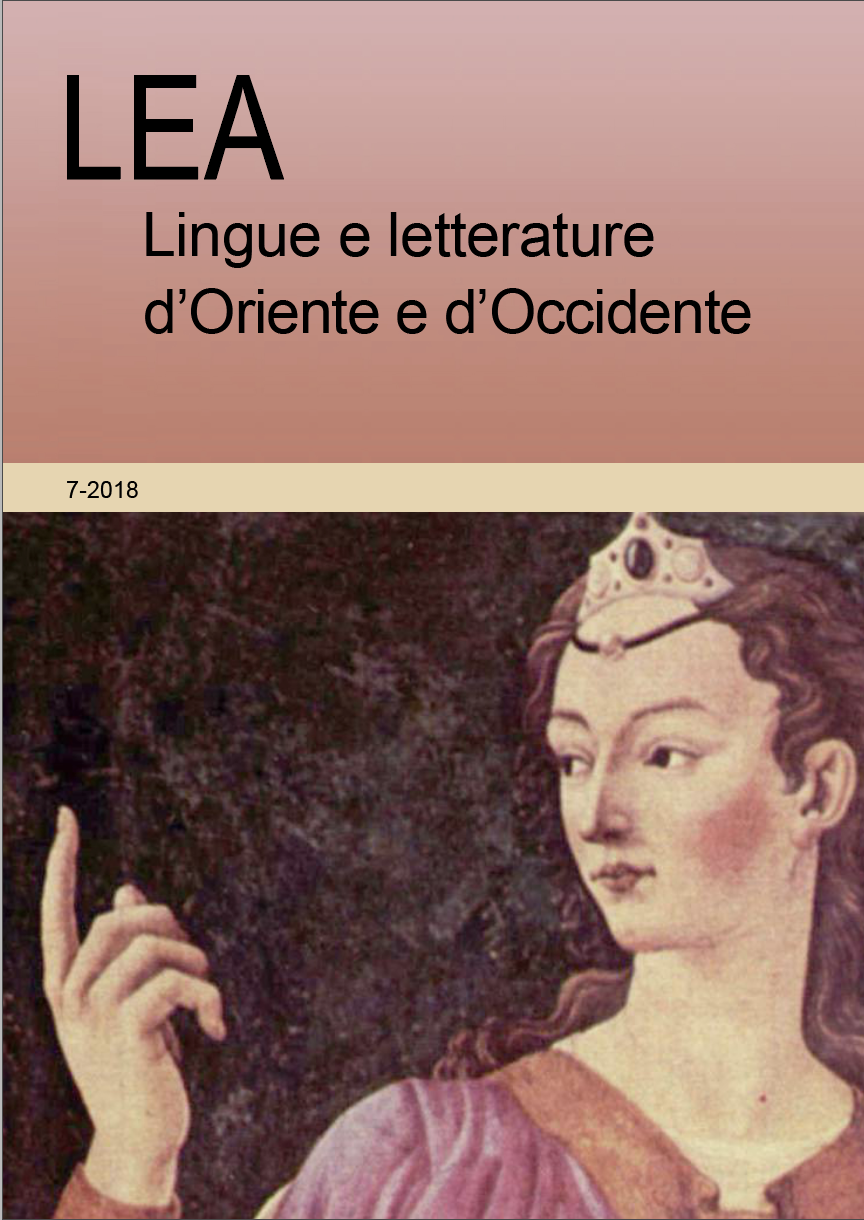Der arme Verwandte am Tisch: Die kritische Hermeneutik von Peter Szondi und der jüdische Literaturbegriff
Published 2018-12-24
Keywords
- Jewish exegetical tradition,
- literary hermeneutics,
- middot
Abstract
The aim of this paper is to examine critically Peter Szondi’s literary hermeneutics from the perspective of his “huphainologic” concept, which stems from the Aristotle-inspired poetological character of this hermeneutics. In order to perform this task, I seek to answer the question whether Szondi’s text- and scriptocentrism is not a consequence of its neglect of the Jewish exegetical tradition. For the sake of giving an adequate analysis of problems raised by this question, I contrast the occidental, text-centered concept of Revelation with its oriental counterpart based on consonant script. As a next step, in this context, I give an outline of the reading- and interpretation-centred concept of Scripture characteristic of the period of Tannaim, touching upon the topic of middot (the methods or principles used by rabbinical hermeneutics), as well as exploring the dynamic nature and exegetical creativity of the reading- and interpretation-centred approach to Hebrew Revelation.



